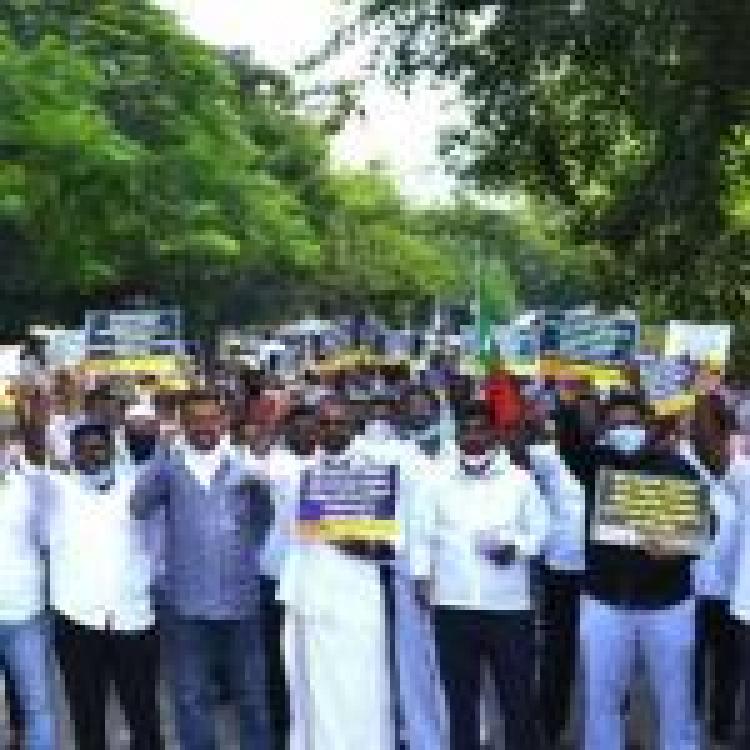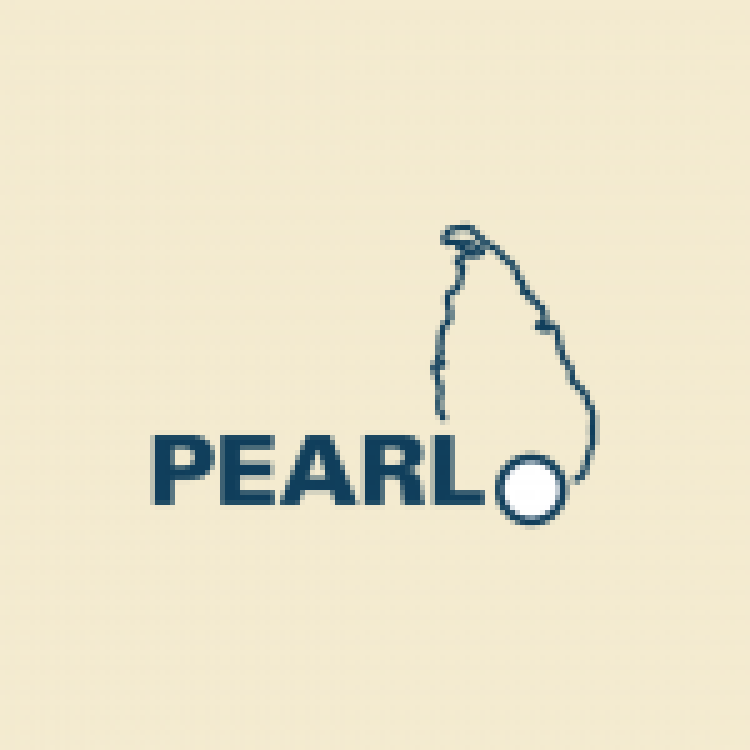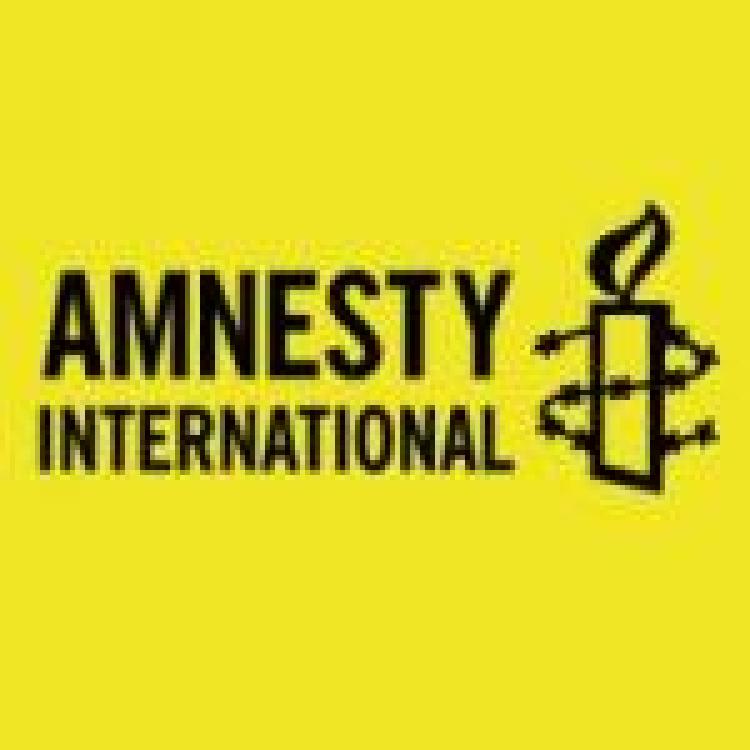The Independent Permanent Human Rights Commission (IPHRC) of the Organization of Islamic Cooperation (OIC) has aired its “deep concerns” in a series of reports on Sri Lanka’s forced cremation of Muslim COVID-19 victims, regardless of the fact that mandating cremations runs in direct violation of traditional Islamic burial practices.
The IPHRC-OIC stated their concerns alongside countless other human rights organisations, including the UN Special Rapporteur on Freedom of Religion and Belief and Amnesty International. The groups urged the Sri Lankan government to respect the burial of the islands Muslim Minority.
International groups pointed out that International Human Rights Law protects the freedom of religion of all people, which includes manifesting their religion or belief in worship, observance and practice. It also stresses that religious minorities shall not be denied the right, in community with the other members of their group, to enjoy their own culture as well as to profess and practice their religion.
Amnesty International maintained that authorities “must respect the right of religious minorities to carry out the final rites of their relatives in accordance with their own traditions unless they can show that restrictions are needed to prevent the spread of COVID-19.”
The IPHRC said, “Here it is pertinent to recall that the measure of forced cremation by the Sri Lankan authorities is not covered under any health advisory prescribed by World Health Organization to enhance governmental responses to the Covid-19 Pandemic. Hence, there is no reasonable justification to enforce cremation as an obligatory measure," according to ColomboPage.
The IPHRC further went on to call on the Sri Lankan government to fulfill its human rights obligation by “respecting the right of its Muslim minority to practice their religion free from any discrimination, including the uncompromised right to honor the dignity of their dead in line with their religious beliefs and obligations.”
Earlier this week, Muslims in Tamil Nadu protested in solidarity with Sri Lankan Muslims who have been subjected to Sri Lanka’s policy of mandatory cremation.



